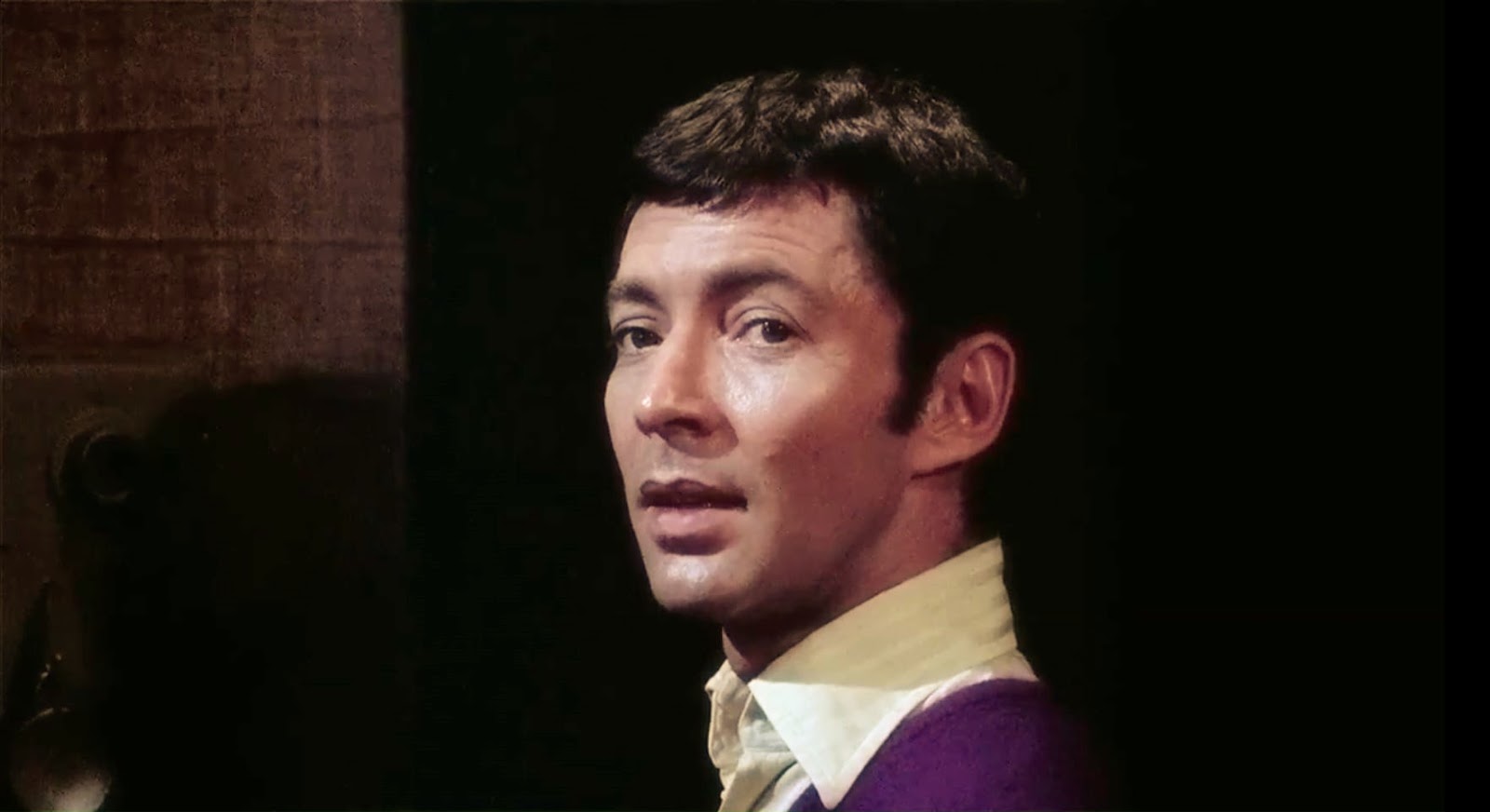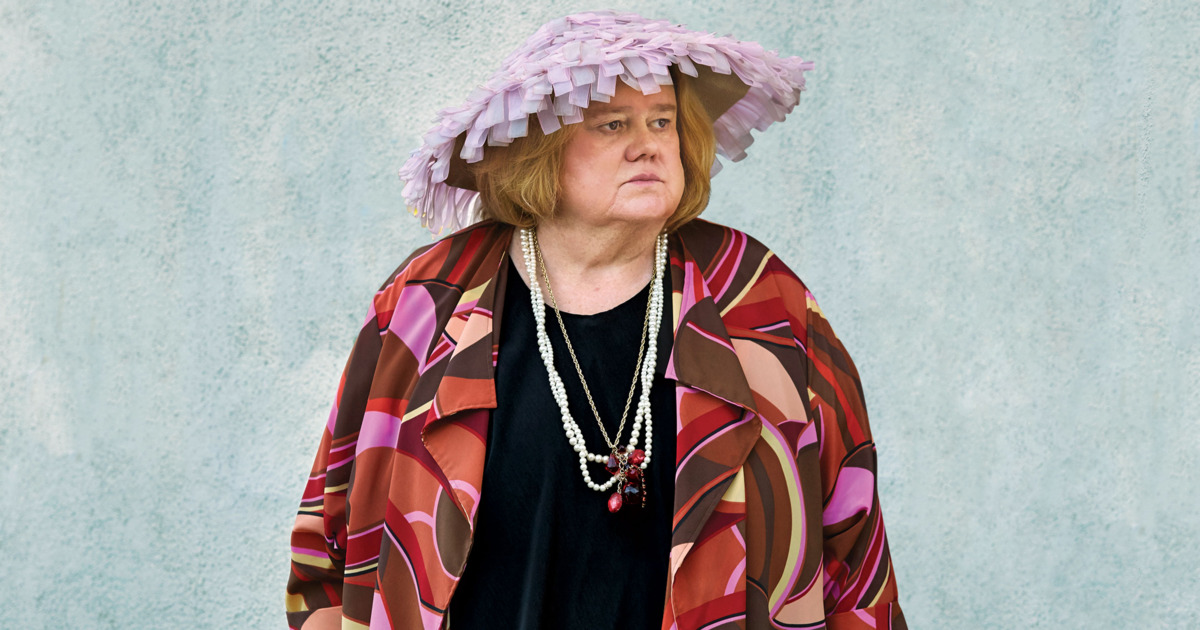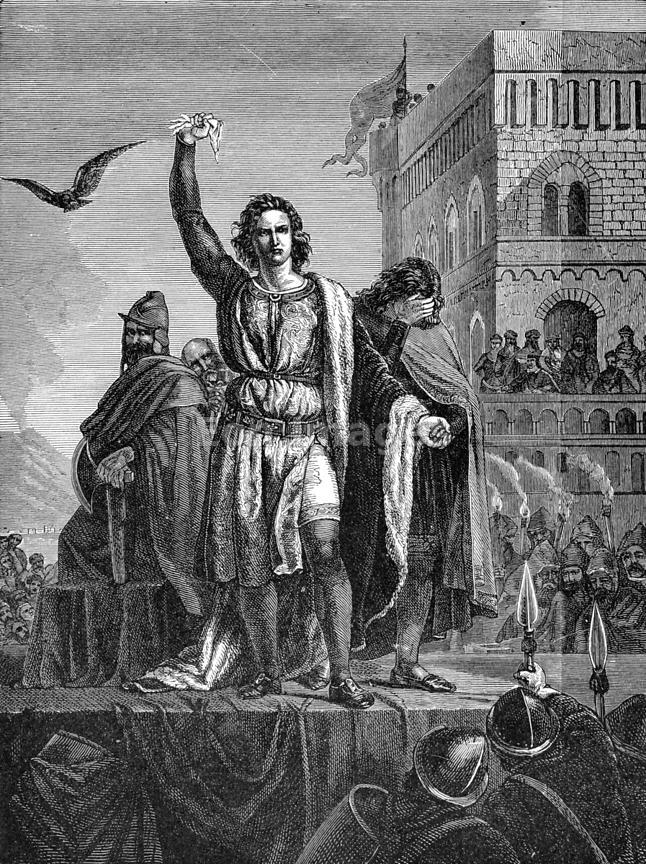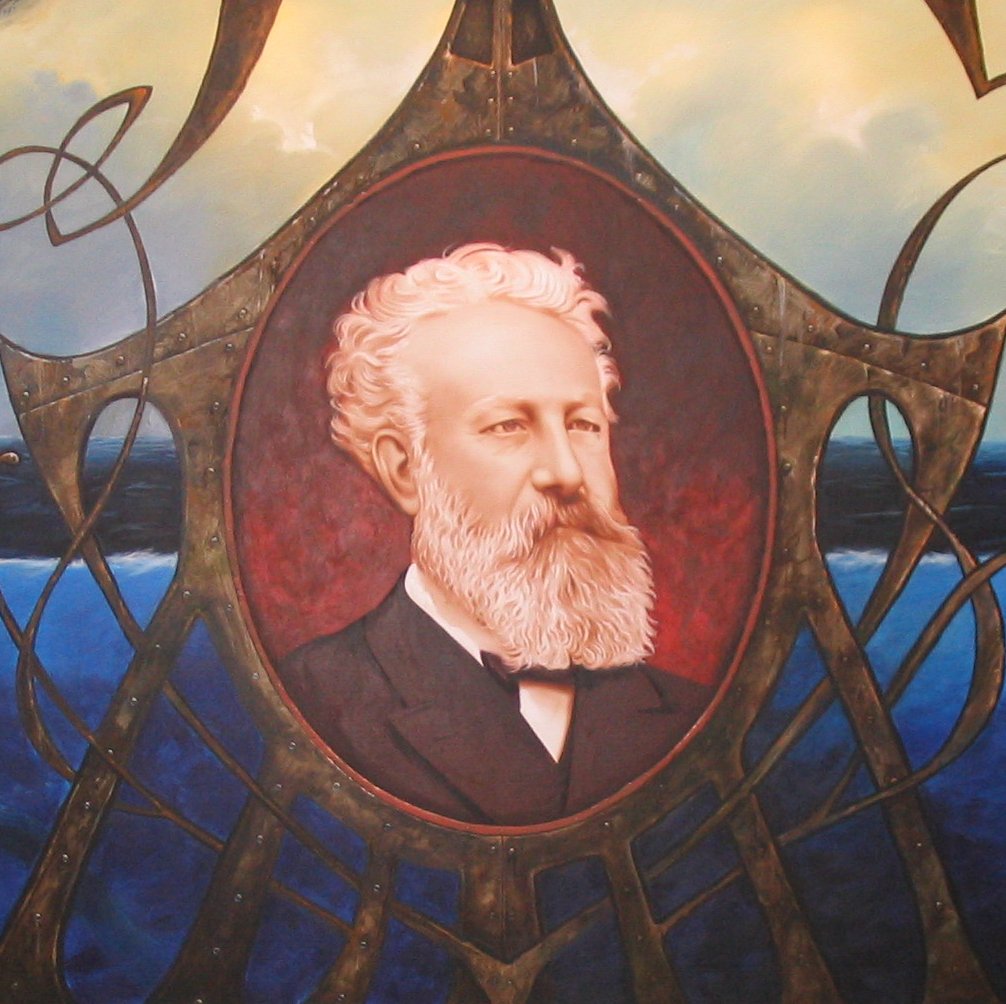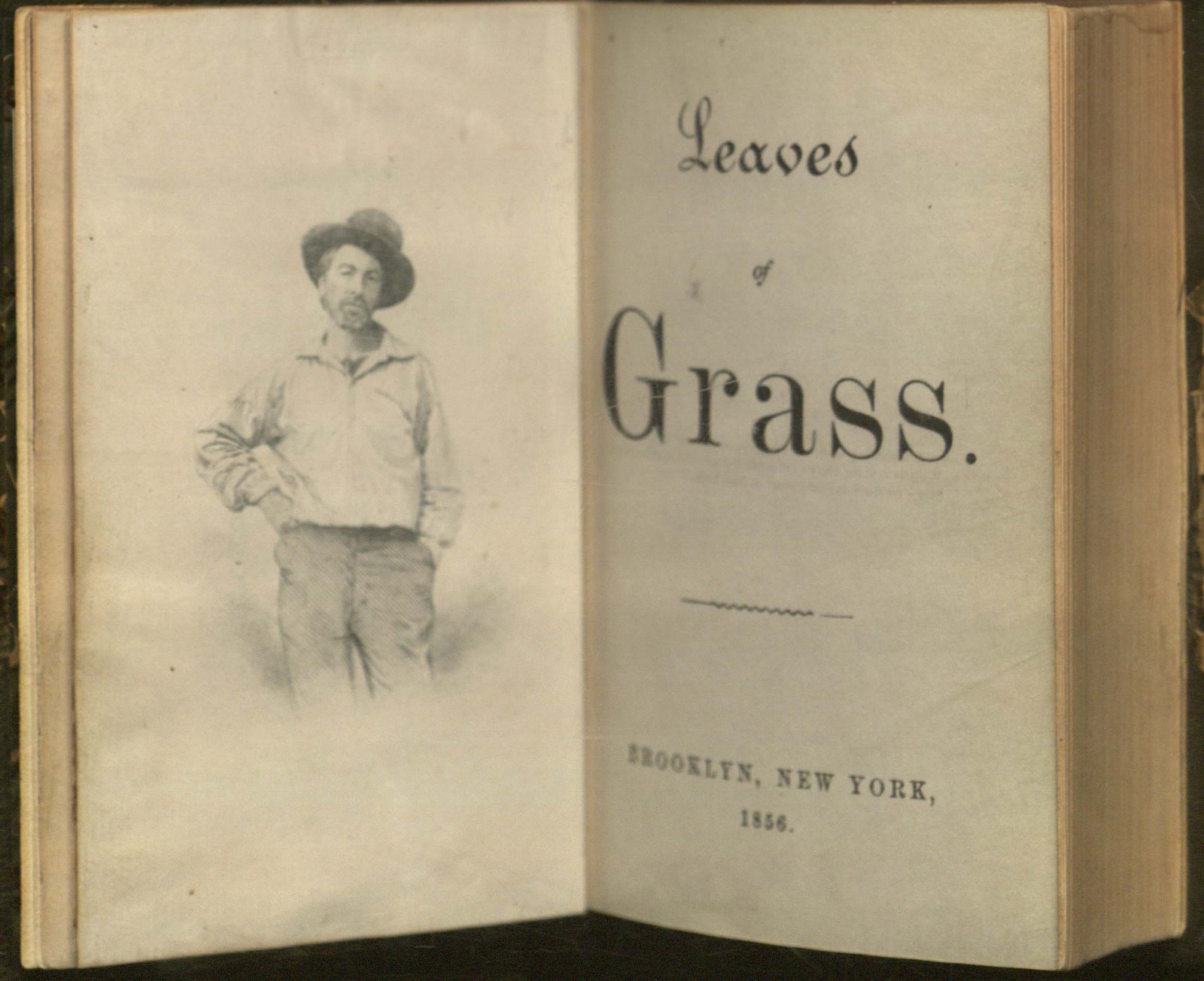|
Gay Wisdom for Daily Living brought to you by White Crane Institute ͏ ͏ ͏ ͏ ͏ ͏ ͏ ͏ ͏ ͏ ͏ ͏ ͏ ͏ ͏ ͏ ͏ ͏ ͏ ͏ ͏ ͏ ͏ ͏ ͏ ͏ ͏ ͏ ͏ ͏ ͏ ͏ ͏ ͏ ͏ ͏ ͏ ͏ ͏ ͏ ͏ ͏ ͏ ͏ ͏ ͏ ͏ ͏ ͏ ͏ ͏ ͏ ͏ ͏ ͏ ͏ ͏ ͏ ͏ ͏ ͏ ͏ ͏ ͏ ͏ ͏ ͏ ͏ ͏ ͏ ͏ ͏ ͏ ͏ ͏ ͏ ͏ ͏ ͏ ͏ ͏ ͏ ͏ ͏ ͏ ͏ ͏ ͏ ͏ ͏ ͏ ͏ ͏ ͏ ͏ ͏ ͏ ͏ ͏ ͏ ͏ ͏ ͏ ͏ ͏ ͏ ͏ ͏ ͏ ͏ ͏ ͏ ͏ ͏ ͏ ͏ ͏ ͏ ͏ ͏ ͏ ͏ ͏ ͏ ͏ ͏ ͏ ͏ ͏ ͏ ͏ ͏ ͏
|
|
||||
| This Day in Gay History | ||||
March 24Born 1930 - On this date the American actor KENNETH NELSON was born (d. 1993). Born in Rocky Mount, North Carolina, Nelson appeared in several television series in the late 1940s, Captain Video and His Video Rangers and The Aldrich Family among them. He was cast in his first Broadway show, Seventeen, a musical adaptation of the Booth Tarkington novel that opened at the Broadhurst Theatre on June 21, 1951 and ran 182 performances. Nelson found little work for the remainder of the decade, but in 1960, he was cast in an off-Broadway show entitled The Fantasticks, which eventually became the world's longest-running musical with 17,162 performances. In 1962, he was hired to understudy Anthony Newley inStop the World - I Want to Get Off when it transferred from the West End, eventually assuming the lead role when the star departed the show. From there, he went to another London import, Half a Sixpence, in 1965. In 1968, Nelson accepted the lead in the controversial and groundbreaking off-Broadway production of The Boys in the Band, the first play to explore the milieu of Gay life in New York City in a graphically frank manner. He and the rest of the cast went on to appear in the 1970 film version directed by William Friedkin. Nelson and five others in the cast were Gay, and five of the six Gay actors died of AIDS. 1970 also saw Nelson return to Broadway in the lead role in Lovely Ladies, Kind Gentlemen, a musical adaptation of The Teahouse of the August Moon. It was a critical and commercial disaster, closing after only 19 performances. In 1974, he played a leading role in the highly successful revue Cole at London's Mermaid Theater. He spent the rest of his career in small roles on television and in movies of little distinction. Nelson died in 1993 of AIDS-related complications in London. 1940 - BOB MACKIE, American fashion designer, born; Best known for his costumes for Cher and for The Carol Burnett Show. Mackie is also known for his exclusive designs of dress for high-priced Barbie dolls. Two of Mackie's best-remembered creations had a humorous element. While working on the The Carol Burnett Show, he designed a "curtain dress" (complete with a curtain rod across the shoulders) that Carol Burnett wore in the Went with the Wind parody. Mackie also designed the garish ensemble worn by Cher at the March 1986 Academy Awards: black stretch pants, a bejeweled loincloth, knee-high boots, a black chain-link top, and a huge feathered Mohawk headdress that was one and a half times taller than her head. Introduced by Jane Fonda with the words, "Wait'll you see what's gonna come out here," Cher was appearing as a presenter after what many considered an Oscar snub (Cher was not nominated for her performance in Mask). "As you can see," said Cher, "I did receive my Academy booklet on how to dress like a serious actress." 1953 - LOUIE ANDERSON is an American stand-up comedian, actor and television host. Anderson created the cartoon series Life With Louie, has written three books, and was the initial host of the third revival of the game show Family Feud, from 1999 to 2002. A 1985 marriage to his high-school sweetheart lasted four weeks. In the late 1990s, Anderson was extorted by a man named Richard John Gordon. Gordon demanded money from Anderson, threatening to reveal to tabloids that Anderson reportedly propositioned him in a casino in 1993. Anderson initially paid Gordon $100,000 in hush money, fearing the story would threaten his starring roles in two family-oriented series, but when Gordon's demands increased to $250,000 in 2000, he informed law-enforcement authorities. Gordon, who was 31 at the time, was arrested Beginning in January 2016, Anderson plays "Christine Baskets," on the FX new comedy series Baskets. Zach Galifianakis plays both roles of Christine's sons, and non-identical twins, Chip and Dale. Anderson is a main cast member. He plays the put upon mother of her grown sons. Chip becomes a local rodeo clown, after failing to get a degree at a prestigious clown school in Paris. The Baskets live in Bakersfield, California. Died 1252 - CONRADEN, Bavarian royalty, born (d: 1268); called the Younger or the Boy, but usually known by the diminutive Conradin (German: Konradin, Italian: Corradino), was the Duke of Swabia (1254–1268, as Conrad IV), King of Jerusalem (1254–1268, as Conrad III), and King of Sicily (1254–1258, de jure until 1268, as Conrad II). He was born in Wolfstein, Bavaria, to Conrad IV of Germany and Elisabeth of Wittelsbach. He is sometimes known as Conrad V, though he never succeeded his father in Germany. Conradin was the last legitimate Hohenstaufen, the son of the assassinated Conrad IV. We know little of his appearance and character except that he was "beautiful as Absalom, and spoke good Latin". While he was still a child in Germany, his uncle Manfred made himself king of Sicily (1258), but when Manfred died eight years later, the kingdom was seized by Charles of Anjou. Conradin was persuaded to come to Italy to recover his kingdom, and, accompanied by his lover, Frederick of Baden, titular Duke of Austria, he gained the support of several Italian cities. In the end, however, Conradin was captured by Charles, tried as a traitor and beheaded. His lover, at his own request, was executed with him. Conradin was just sixteen; Frederick was twenty-one. To this day Gay lovers make pilgrimages to the church of the monastery of Santa Maria del Carmine at Naples, where the two young men were laid to rest, together. 1905 - JULES VERNE, French author died (b. 1828); A French author who pioneered the science-fiction genre. He is best known for novels such as Journey to the Center of the Earth (1864), Twenty Thousand Leagues Under the Sea (1870), and Around the World in Eighty Days (1873). Verne wrote about space, air and underwater travel before air travel and practical submarines were invented, and before practical means of space travel had been devised. He is the third most translated author in the world, according to Index Translationum. Some of his books have been made into films. Verne, along with H.G. Wells, is often popularly referred to as the "Father of Science Fiction". Some historians and literary critics have theorized certain pederastic elements in the life and work of Verne. Jean Paulhan describes two main themes identified in Verne's work. First, that "in life we must, little by little, substitute in place of our natural father an older and better man than ourselves," and later that we will need likewise to substitute, in place of our wife, a male friend worthy of esteem and admiration. The second theme is that "the entire opus of Jules Verne has, as its purpose and secret, pederasty." His theme is picked up by a later work, that of Marc Soriano, who sees elements of "latent homosexuality, sublimated pederasty, misogyny" in Verne's writings. Verne's close and lasting friendship with Aristide Briand, whom he met in Nantes in 1876 when the young man was a fifteen-year old lycéen and schoolmate of his son Michel, is also cited as a possible example of his attraction to youths. He frequently picked up Briand from the lycée and brought him to his house, and also used him as a character in A Long Vacation. Michel Larivière, in his Homosexuels et bisexuels célèbresposits a quasi-universal theme in the novels of "an older and more experienced man who offers support and affection to a young and very handsome boy." Examples of such pairs are Lord Glevanan with the young Robert Grant, in The Children of Captain Grant, the dashing Pencroft with the fifteen-year old Herbert Brown, the "brave boy" whom he "loved as if he had been his own child," in The Mysterious Island,and Kaw-djer and Halg in The Survivors of the 'Jonathan,' of whose love he writes: Halg was the only one able to move this disaffected man, who knew no love other than the one he felt for a child... Is it because they have some dim notion of this disproportion that, despite its resplendent beauty, such an emotion astonishes more than it charms other men, and seems inhuman to them, even though it is above them? Another indication of Verne's pederastic or possible homosexual leanings has been suggested in his purported lack of tolerance for women, who are largely absent from his works, or reduced to insignificance, or subjected to a ferocious misogyny. Likewise, the incident of the attack by his nephew, with whom he had entertained a long term and affectionate relationship, and which was hushed up by the local press, is held to be indicative of either a sexual relationship gone bad, or else an attack of jealousy at the arrival of a new love interest. In a recent biography, his translator, William Butcher, in presenting evidence for Verne's homosexual leanings, also cites the fact that he only fathered one child, spent large periods of his life and both major journeys in the company of his close friend, the composer Aristide Hignard who was probably homosexual himself, and spiced up his letters to Hetzel with double-entendres about oral sex. Noteworthy 1832 - In typical and traditional American respect for diversity of religion, in Hiram, Ohio a group of men beat, tar and feather Mormon leader, Joseph Smith on this date. He takes his cult and decamps for Nauvoo, Illinois, where he is later killed by an angry mob. Mormon Church members sing of hymns portraying Joseph Smith as a martyr who died for his faith. It is never taught in classes that he was actually imprisoned for destroying a newspaper printing press as retaliation for the negative press about him that was published. While in prison, he removed his “garments,” the Mormon magic underwear, and instructed the others in jail with him to do the same. Mormons are also not aware that he had a gun and killed two people shortly before he was shot to death. He also made the Masonic symbol for distress as a last-ditch effort to save his life. Certainly not the “lamb to the slaughter” that the Mormons like to describe his death as. 1987 - On this date 250 ACT UP members in New York City demonstrated at Wall Street and Broadway to demand greater access to experimental AIDS drugs and for a coordinated national policy to fight the disease. An Op/Ed article by Larry Kramer published in the New York Times the previous day described some of the issues ACT UP was concerned with. Seventeen ACT UP members were arrested during this civil disobedience. A year later, on March 24, 1988, ACT UP returned to Wall Street for a larger demonstration in which over 100 people were arrested. Today's Gay Wisdom 2017 - TODAY'S GAY WISDOM An excerpt from Walt Whitman’s Leaves of Grass. The armies of those I love engirth me, and I engirth them; They will not let me off till I go with them, respond to them, And discorrupt them, and charge them full with the charge of the Soul. Was it doubted that those who corrupt their own bodies conceal themselves; 5 And if those who defile the living are as bad as they who defile the dead? And if the body does not do as much as the Soul? And if the body were not the Soul, what is the Soul? 2 That of the male is perfect, and that of the female is perfect. 10 The expression of the face balks account; But the expression of a well-made man appears not only in his face; It is in his limbs and joints also, it is curiously in the joints of his hips and wrists; It is in his walk, the carriage of his neck, the flex of his waist and knees—dress does not hide him; The strong, sweet, supple quality he has, strikes through the cotton and flannel; 15 To see him pass conveys as much as the best poem, perhaps more; You linger to see his back, and the back of his neck and shoulder-side. The sprawl and fulness of babes, the bosoms and heads of women, the folds of their dress, their style as we pass in the street, the contour of their shape downwards, The swimmer naked in the swimming-bath, seen as he swims through the transparent green-shine, or lies with his face up, and rolls silently to and fro in the heave of the water, The bending forward and backward of rowers in row-boats—the horseman in his saddle, 20 Girls, mothers, house-keepers, in all their performance, The group of laborers seated at noon-time with their open dinner-kettles, and their wives waiting, The female soothing a child—the farmer’s daughter in the garden or cow-yard, The young fellow hoeing corn—the sleigh-driver guiding his six horses through the crowd, The wrestle of wrestlers, two apprentice-boys, quite grown, lusty, good-natured, native-born, out on the vacant lot at sundown, after work, 25 The coats and caps thrown down, the embrace of love and resistance, The upper-hold and the under-hold, the hair rumpled over and blinding the eyes; The march of firemen in their own costumes, the play of masculine muscle through clean-setting trowsers and waist-straps, The slow return from the fire, the pause when the bell strikes suddenly again, and the listening on the alert, The natural, perfect, varied attitudes—the bent head, the curv’d neck, and the counting; 30 Such-like I love—I loosen myself, pass freely, am at the mother’s breast with the little child, Swim with the swimmers, wrestle with wrestlers, march in line with the firemen, and pause, listen, and count. 3 And in them were the fathers of sons—and in them were the fathers of sons. This man was of wonderful vigor, calmness, beauty of person; 35 The shape of his head, the pale yellow and white of his hair and beard, and the immeasurable meaning of his black eyes—the richness and breadth of his manners, These I used to go and visit him to see—he was wise also; He was six feet tall, he was over eighty years old—his sons were massive, clean, bearded, tan-faced, handsome; They and his daughters loved him—all who saw him loved him; They did not love him by allowance—they loved him with personal love; 40 He drank water only—the blood show’d like scarlet through the clear-brown skin of his face; He was a frequent gunner and fisher—he sail’d his boat himself—he had a fine one presented to him by a ship-joiner—he had fowling-pieces, presented to him by men that loved him; When he went with his five sons and many grand-sons to hunt or fish, you would pick him out as the most beautiful and vigorous of the gang. You would wish long and long to be with him—you would wish to sit by him in the boat, that you and he might touch each other. | ||||
|
|8|O|8|O|8|O|8|O|8|O|8|O|8|O|8| Gay Wisdom for Daily Living from White Crane Institute "With the increasing commodification of gay news, views, and culture by powerful corporate interests, having a strong independent voice in our community is all the more important. White Crane is one of the last brave standouts in this bland new world... a triumph over the looming mediocrity of the mainstream Gay world." - Mark Thompson Exploring Gay Wisdom & Culture since 1989! |8|O|8|O|8|O|8|O|8|O|8|O|8|O|8| | ||||
|
|||||
|

